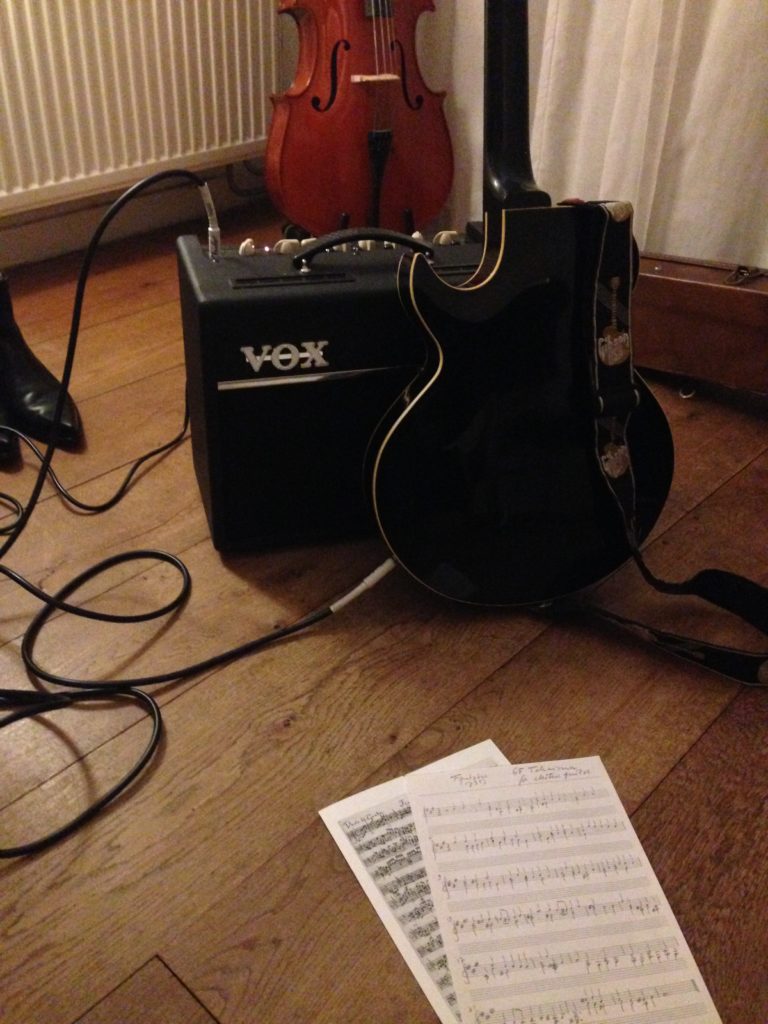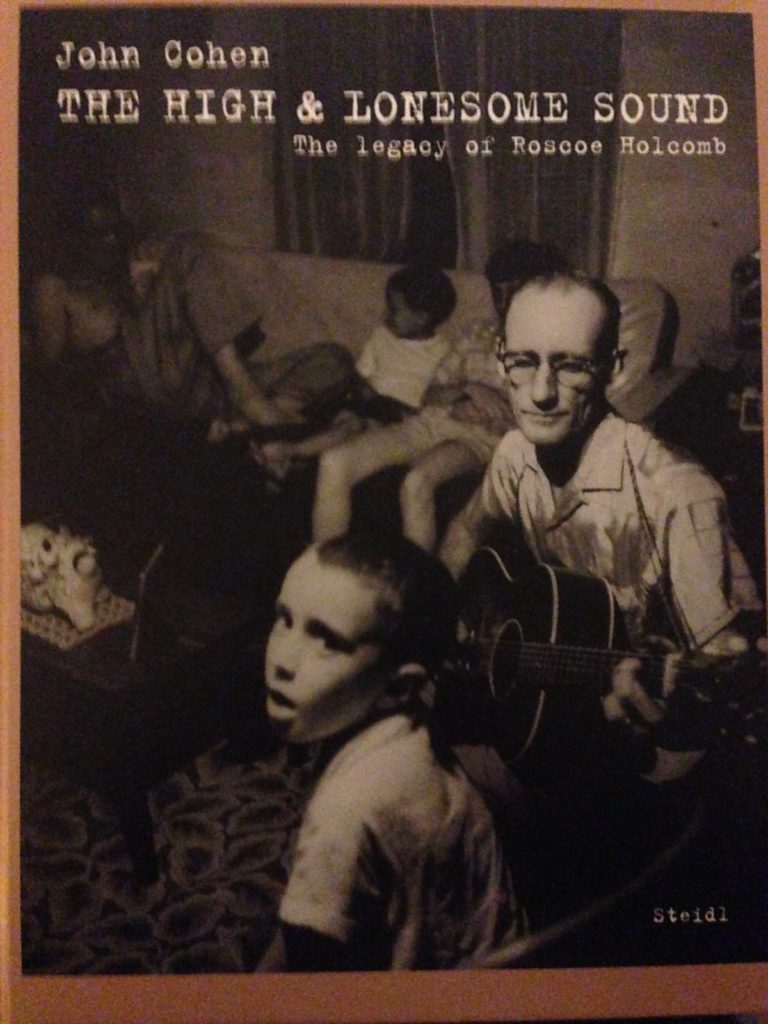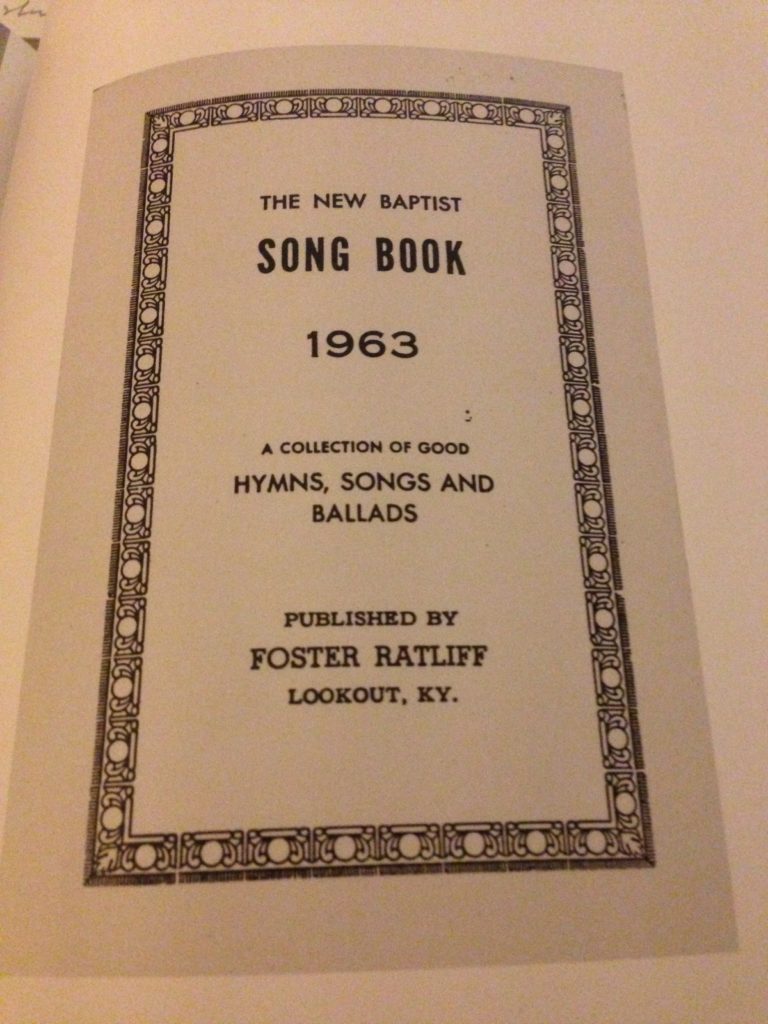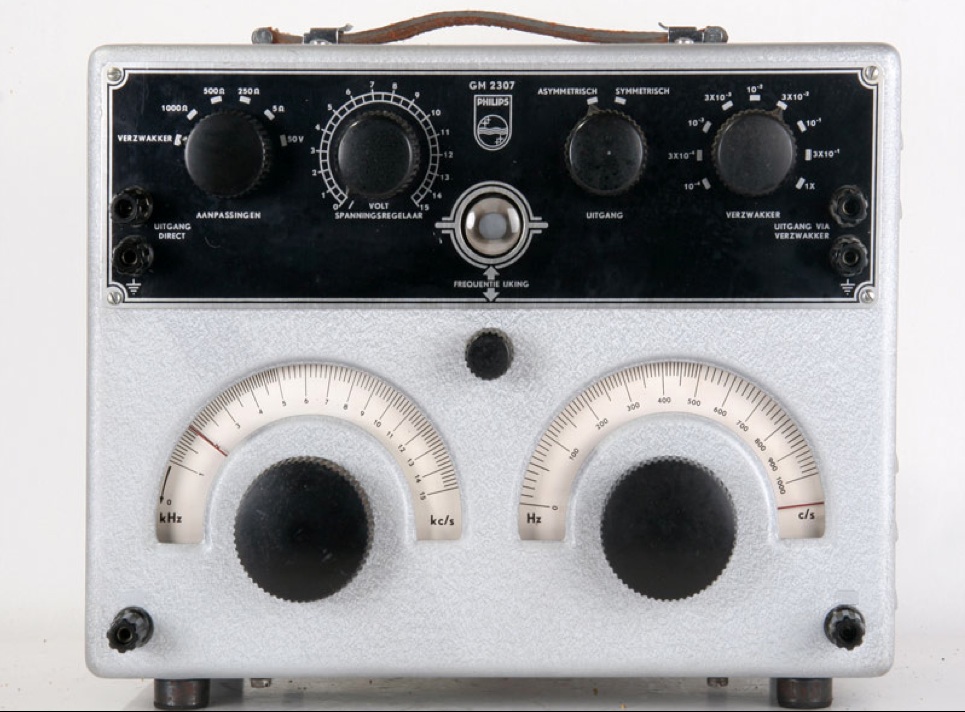Today, while working on a transcription for electric guitar of a Telemann ‘Fantasia’ [1735], i was thinking of another transcription i once made a long time ago of a piece by Orlando Gibbons [1583-1625],

The piece i’m referring to ‘Five Part In Nomine’ was scored for Wurlitzer Electric Piano, Vibraphone and Electric Guitar. A fine instrumentation!
This may be the right moment to post a transcription i made of a panel discussion that was video taped by Other Minds in 2010. Charles Armirkhanian is discussing the 2nd String Quartet with composer Jurg Frey. You can see it here: https://archive.org/details/OMF_2010_03_04_c2_01
My transcription: ” I can tell something of the background of the piece, which is a book which I have at home, it’s an old book of the late 18th Century, which is a choral book, a book with chorals and psalms, and many years before I wrote this string quartet I was busy with these books, I copied single voices and parts in my sketchbook and made scores of these chorals, because this book is not in the usual score, it’s written first the soprano, alto and then tenor and then the bass. If you want to know how the harmonisation is then you have to make a score. And I like it very much to copy without a special focus why I’m doing that, and I combined it, this material, with other material of my work and slowly slowly it started to become a process into the direction of the String Quartet. And this process I think was the interesting thing, how can you turn a choral book into my own music, and this was a slow process. It was also a very delicate balance between pushing it forward and let it happen, and you cannot force a piece process, but if you are doing nothing you will not have a piece in the end.
So, it’s some kind of letting go for it, let it happen and to come to, yeah, slowly the piece comes into focus and after months, it was not a struggle, sometimes I stopped for weeks and then after months I thought maybe this could be a String Quartet and then it took me another 1 and a 1/2 years to elaborate all details of color, of durations and so on.
So this book is on the background, and this book doesn’t have any variation it’s just this book and it’s 80 or 90 psalms..”
What strikes me so is this important role church music, psalms and hymns and chorales still play in music. This leads me to my own fascination with church music in general. From the Ecole de Notre Dame, to Orlando Gibbons, to Claude Goudimel, [the composer to which Jurg Frey might be referring to, when he speaks of his book of chorals], Goudimel the composer of the Genevan Psalter Book, https://en.wikipedia.org/wiki/Claude_Goudimel], to Jurg Frey, to Morton Feldman [” if i want my music to demonstrate anything, it is that ‘nature and human nature are one. Unlike Stockhausen, i don’t feel called upon to forcefully ‘mediate’ between the two. Stockhausen believes in Hegel; i believe in God. it is as simple as that”].
[‘A life without Bach and Beethoven’ – Give my Regards to Eight Street].
I get the feeling this is a universal thing, at least in the context of western music, and it surely is of importance to me. I’m convinced that some knowledge of this subject will give you good insights of music in general.
So for now i’d like to end with the mentioning of Roscoe Holcomb, a Kentucky Mountain Music man with a strong faith.


Beautiful book/DVD/CD by John Cohen!
Listen to Roscoe singing an old Baptist song:
